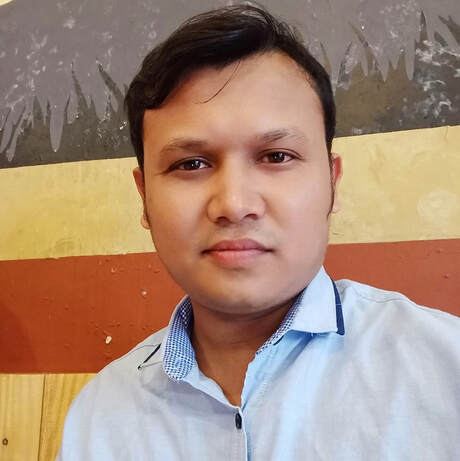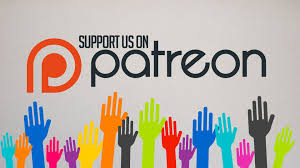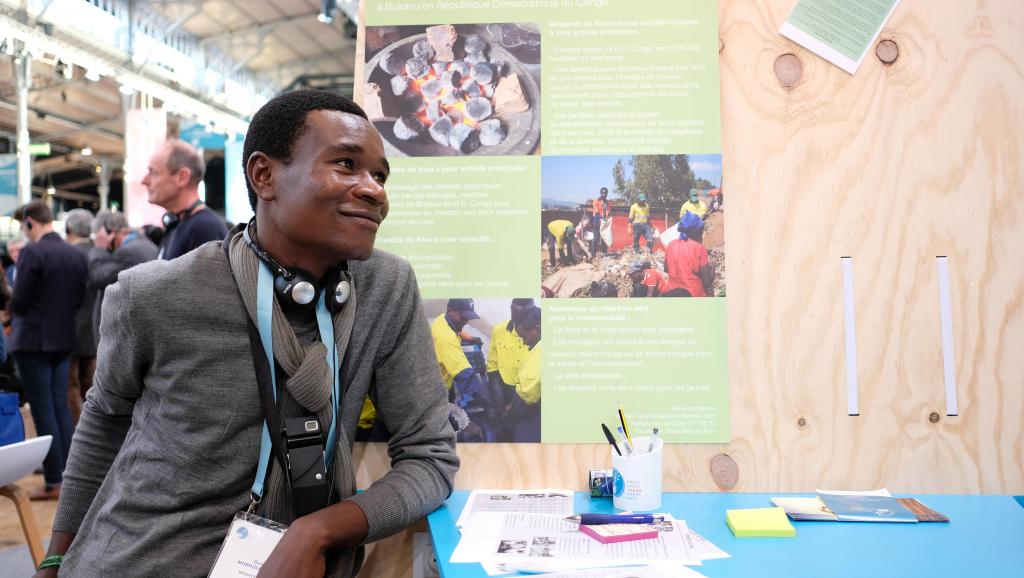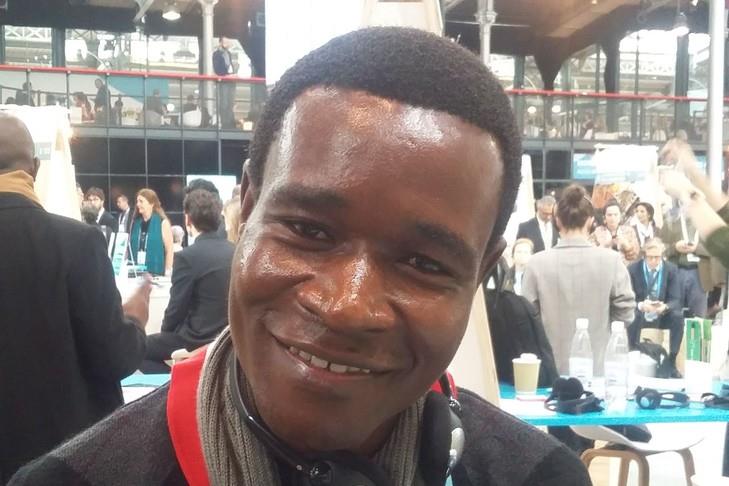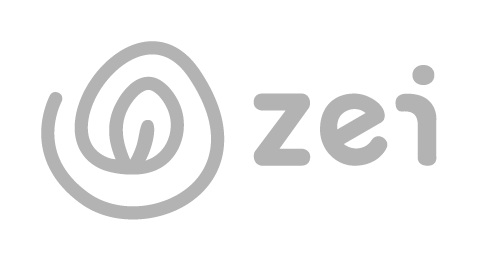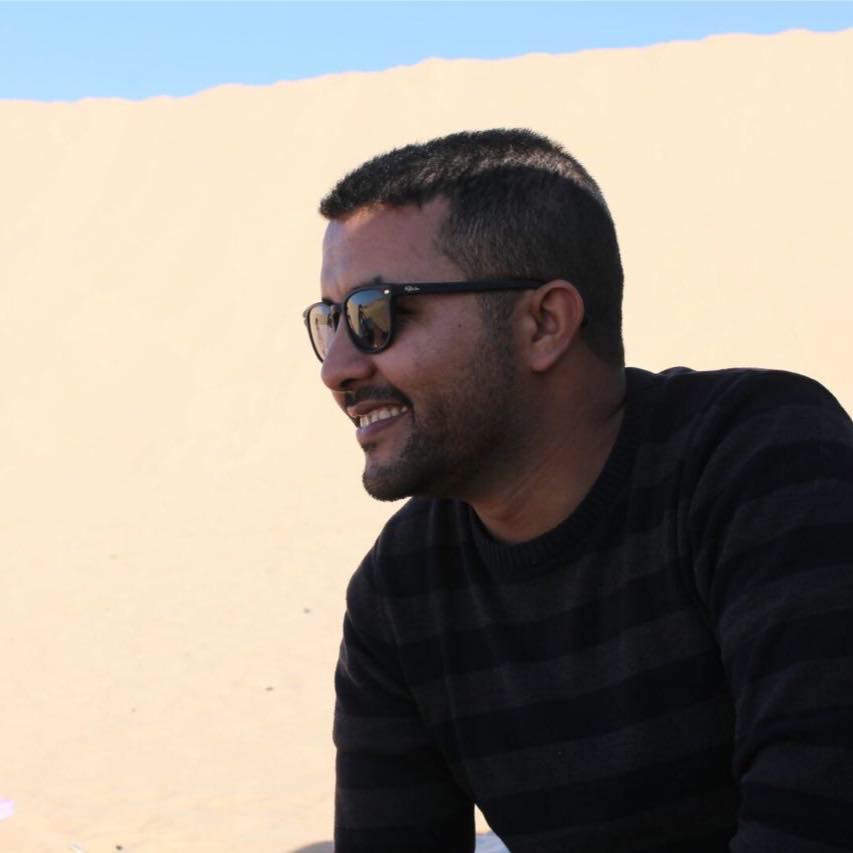In 1982 the Myanmar (Burmese) military government passed a citizenship law that effectively stripped the Rohingya community of their nationality overnight. They’ve been stateless ever since, and subject to institutionalized discrimination and coordinated persecution that has greatly restricted their movement and their access to jobs and to education.
Although there have been reports of attacks and massacres in the past, in August of 2017 Myanmar’s military began a campaign to drive many Rohingya out of their homes in Rakhine state, with the result that roughly 900,000 refugees have fled the country, with reports of widespread and coordinated attacks utilizing arson, rape, and mass killing that bear signs of genocide. Refugee camps in neighboring Bangladesh have long since been filled past overflowing, and many have been reduced to living in squalid and unsafe conditions in and around the camps.
JN Joniad fled his home in Rakhine state 6 years ago, and is currently registered in with UNHCR in Indonesia as a refugee, while he awaits resettlement elsewhere. His story not only illuminates the condition of fellow Rohingya, but also uncovers what appears to be a global trend amongst wealthy nations (the US, EU, and Australia) to outsource their border enforcement policy to developing nations through a strategy of deterrence and obscured accountability.

